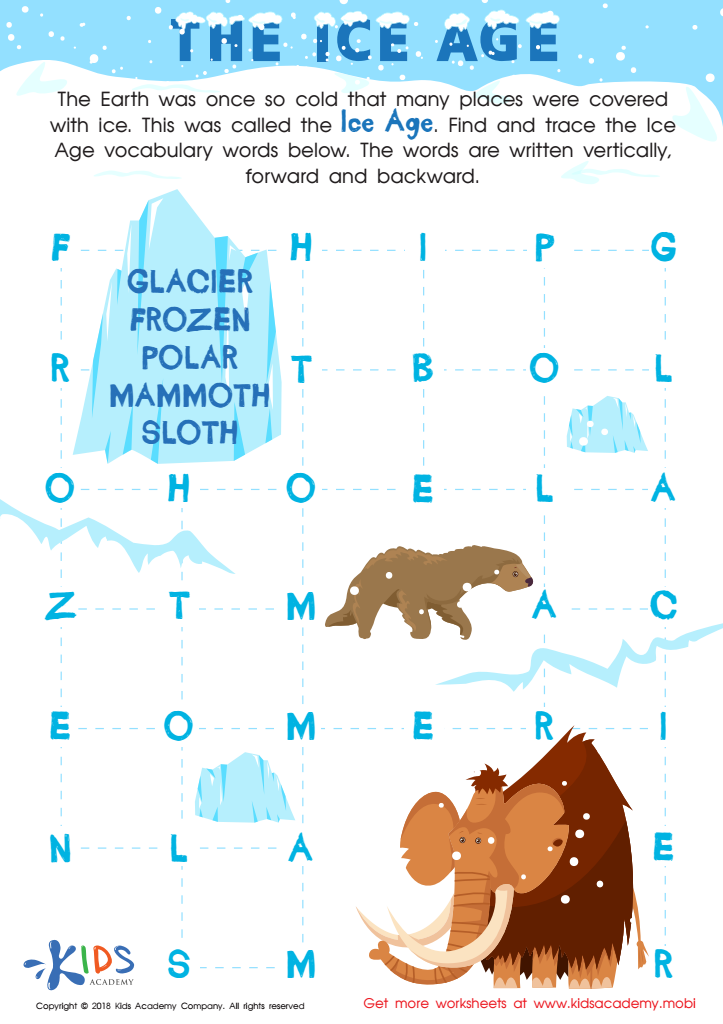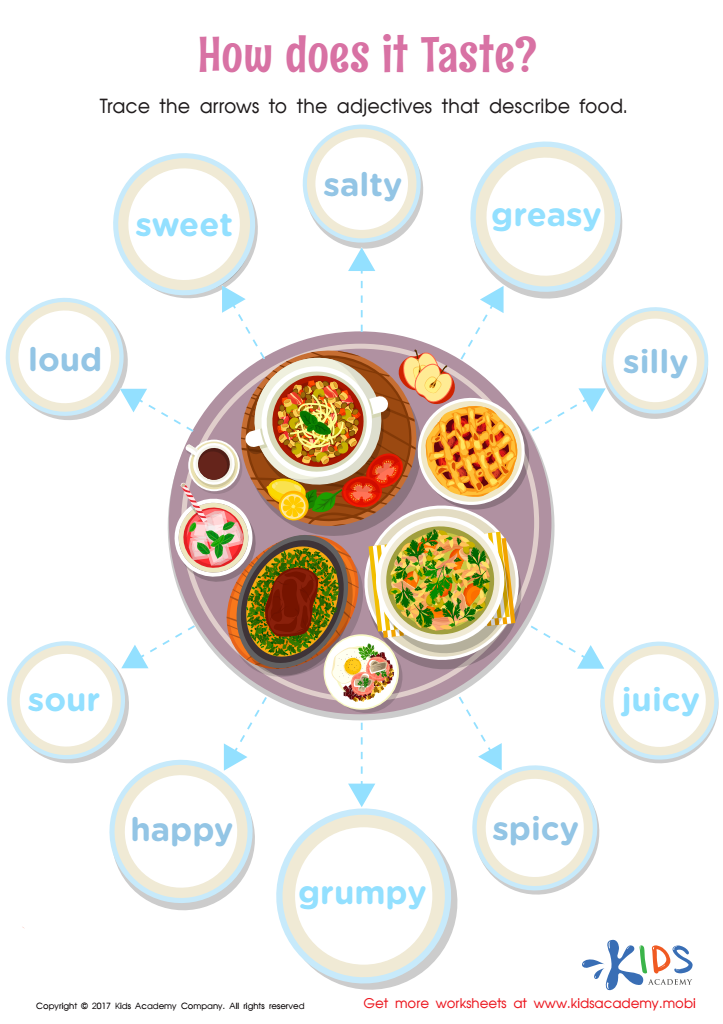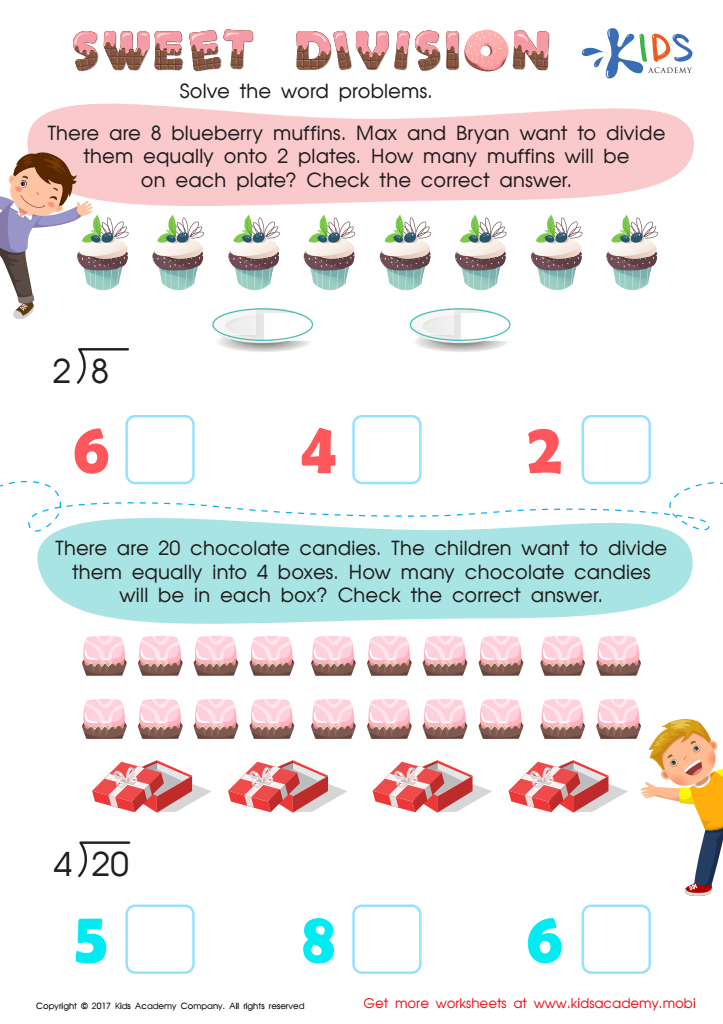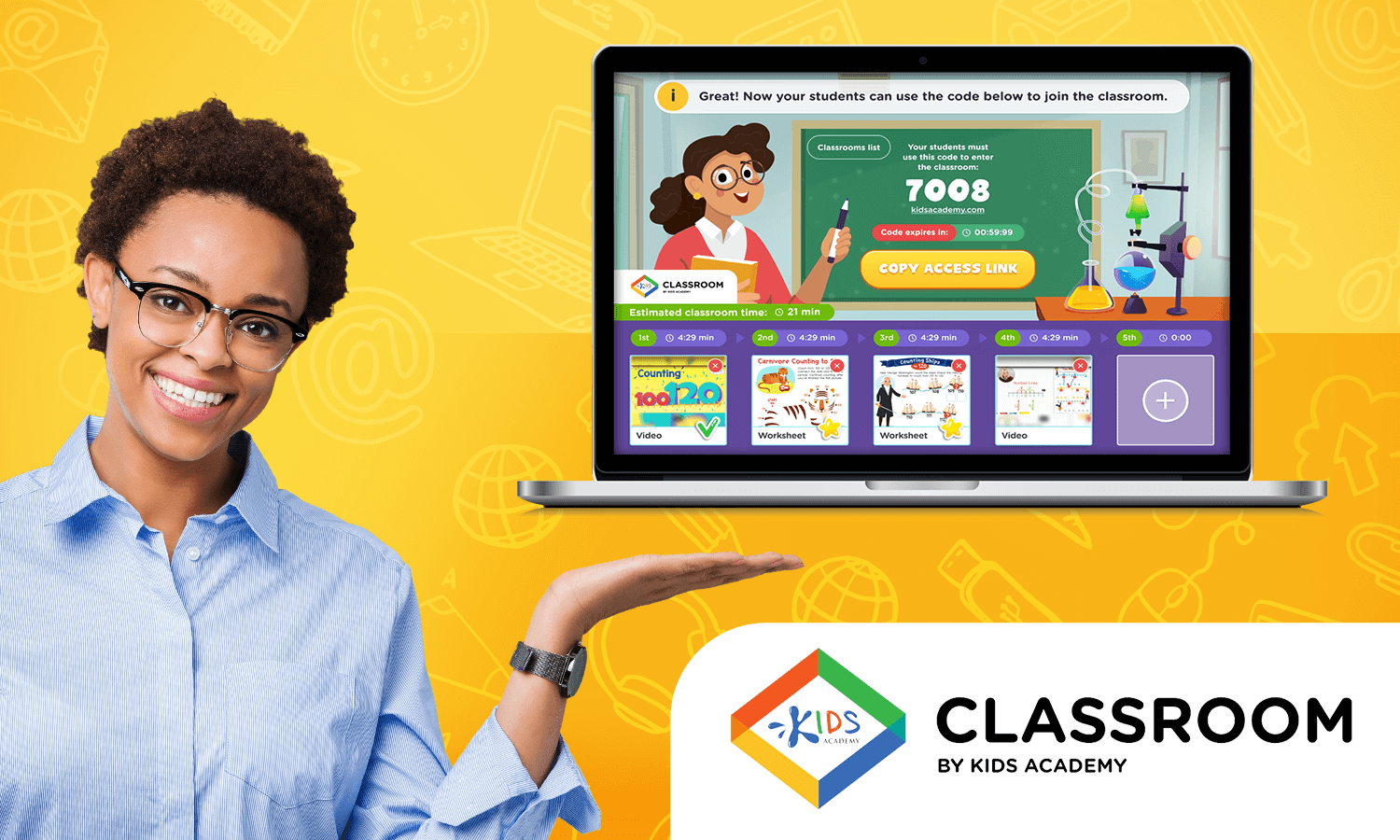Critical thinking skills Extra Challenge Worksheets for Ages 7-9
3 filtered results
-
From - To
Boost your child's cognitive abilities with our engaging Critical Thinking Skills Extra Challenge Worksheets designed for ages 7-9! Tailored to enhance problem-solving, reasoning, and analytical skills, these worksheets provide a fun and interactive way for young learners to think critically. Each activity inspires creativity and promotes logical reasoning through puzzles, brain teasers, and scenario-based questions. These extra challenge worksheets encourage kids to explore, question, and discover answers independently, fostering a love for learning. Perfect for classroom use or at-home practice, these resources are ideal for developing the essential skills necessary for lifelong success. Unlock your child's full potential today!


The Ice Age Worksheet


Food Adjectives Worksheet


Division Word Problems Worksheet
Critical thinking skills are essential for children, especially between the ages of 7 to 9, as they serve as the foundation for lifelong learning. At this age, children begin to analyze information more deeply, moving beyond rote memorization to understand complex ideas. Parents and teachers should cultivate these skills because they empower children to make reasoned decisions and solve problems creatively.
Encouraging critical thinking can enhance a child's confidence in expressing their opinions, engaging in discussions, and understanding differing perspectives. Instead of simply accepting information, children learn to ask questions, evaluate evidence, and think independently, which contributes to their academic and social development.
Additionally, in a rapidly changing world filled with information, critical thinking helps children discern reality from misinformation. By promoting these skills, parents and teachers prepare children to navigate modern challenges effectively, fostering resilience and adaptability.
Ultimately, instilling critical thinking prepares children for success in school and future careers. As they learn to analyze information and become informed citizens, they will contribute to society positively. Thus, nurturing critical thinking is crucial, making it a priority for both parents and teachers in fostering well-rounded, capable thinkers.

 Assign to My Students
Assign to My Students
















